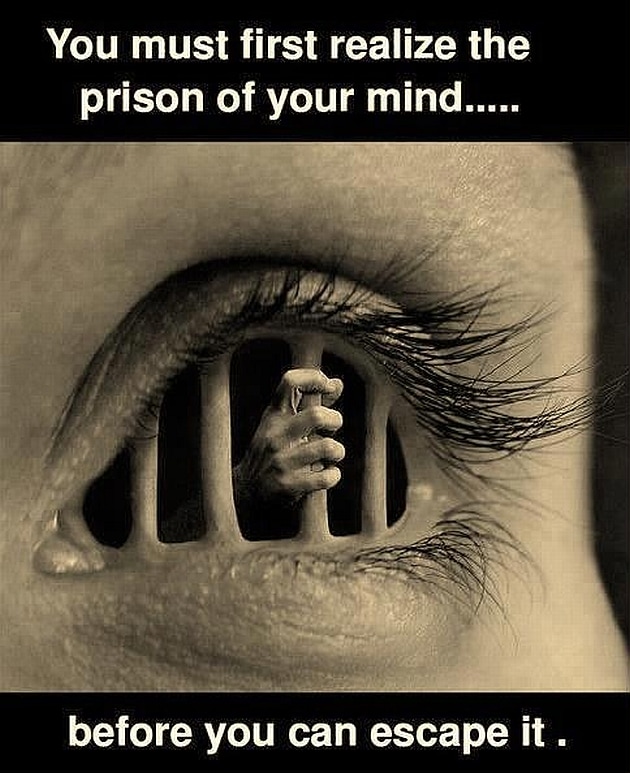LIBERATING OUR COLONIAL MINDSET
|
By George J. Aditjondro. 16 August, 1995 (Outline of a lecture presented in the Winter Lecture Series 1995 on Wednesday, August 16, 1995 at the AIA-CSEAS Monash Asia Institute in Melbourne Australia).
What is "Indonesia?" Before discussing the contemporary challenges, allow me first to crack the basic nut, by raising the basic question to expose the basic contradictions in what has been taken for granted during the last 50 years: is "Indonesia" indeed the rightful heir of the Dutch East Indies colony ? Or, is Indonesia actually a 'brand-new' nation-state, which has liberated itself completely from the Dutch -- as well as the Japanese -- colonial yoke ? If the answer is that Indonesia is indeed the rightful heir of the Dutch East Indies colony, then logically: (a) Indonesia's history as an independent nation should be seen as beginning on December 27, 1949, after the Dutch government "legally" passed its sovereignty to the newborn United Republic of Indonesia (RIS), not on August 17, 1945, when only a handful of Indonesians -- under protection of the Japanese occupation army -- proclaimed their independence; (b) Indonesia should constrain itself to the Dutch East Indies borders, and not violate those borders as happened in the case of the annexation of East Timor; (c) Indonesia should inherit all the Dutch colonial laws, including all the regressive laws to repress opposition and criticism of the regime, such as the haatzaai artikelen (the Hate-sowing acts) as well as the laws against 'insulting the authorities,' with a possible sentence of six years imprisonment for anybody who was accused of insulting the King or Queen (1) as well as the progressive Hindrance Ordinance (Hinder Ordonantie) of 1926, which provide the right of citizens to veto projects that are going to be built in their neighbourhood and are considered to be harmful for their well being -- a form of direct democracy; (d) Indonesia should consist of a three-tier society, with the "brown" rulers who replaced the "white" rulers on the top, using "Foreign Orientals" and other non-indigenous and non-Indonesians as intermediaries to deal with the masses of the native peoples; (e) Indonesia should continue the Dutch's discriminative religious policy, using religion to divide and rule the colonized, as the Dutch did by favoring the Christians while discriminating against the Muslims; (f) Indonesia should limit its economy towards the production of raw materials to export to the industrialized countries, including the Netherlands, while mainly importing industrial, or processed goods, from those countries, leading eventually to a "dual economy". (g) Indonesia should continue the Dutch policy of destroying the maritime powers outside Java (2), and concentrate development on the two major strongholds of the Dutch empire, namely Java and Sumatra (with the exception of Aceh); (h) Indonesia should continue the Dutch policy of concentrating the state's power in Jakarta (formerly, Batavia) in a unitarian state system (with the exception of Van Mook's federalistic system constructed hastily during the Japanese occupation in WWII), which is |
indirectly ruled by the faraway metropole (the Netherlands).(3)
Now, if the answer is that Indonesia is a 'brand-new' nation-state, which has liberated itself completely from the Dutch as well as the Japanese colonial yokes, then logically a different kind of "Indonesia" can be constructed, (a) Indonesia's independence began on August 17, 1945, regardless of the consent of the Dutch colonial powers or the international community, which by that time was still dominated by the Western powers which came out as victors of World War II; as a consequence of glorifying its own August 17, 1945 unilateral declaration of independence (UDI), Indonesia can also accept November 28, 1975 as the UDI and the beginning of the Democratic Republic of East Timor; as another consequence of accepting Indonesia's own UDI is that Indonesia's support for the December 8, 1962 independence declaration of the "United North Kalimantan Republic" by Azahari's Partai Rakyat Brunei (PRB) really makes sense and hence the spirit of the aborted Brunei revolution is worth pursuing now; (4) (b) the territorial borders of the Indonesian Republic does not necessarily have to coincide with the Dutch East Indies territorial borders. This does not mean, though, that the entire archipelago or region will become fair game for Indonesia's expansionism, but that those borders can continuously be re-negotiated and determined in accordance with the wishes of the people who live within those borders, based on the universally recognized right of self-determination; e.g. the West Papuan people did not determine for themselves whether they wanted to join the Dutch East Indies, but were incorporated in that colony only based on the Tidore sultanate's claim that they were Tidore's subjects, and were therby consequently claimed to be Indonesian citizens after Indonesia's declaration of independence; hence, they have the right to determine their own political future, a right denied to them in the 1969 so-called "Act of Free Choice" which the UN General Assembly accepted at that time. (5) the aspirations of the Acehnese people, who historically supported the Java-based independence struggle and later joined the Indonesian Republic on specific conditions, but who are currently opting for their own independence (6), should not be violently repressed; the Aceh people can also be allowed to determine their wishes through a UN-supervised referendum; |

